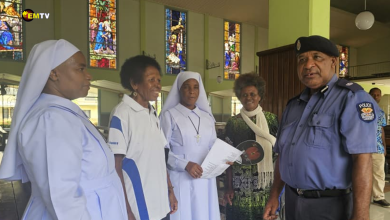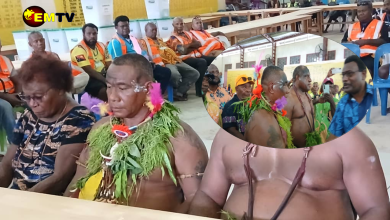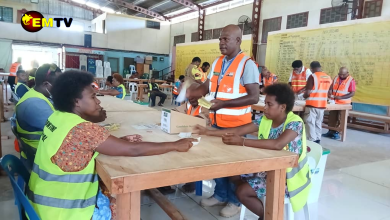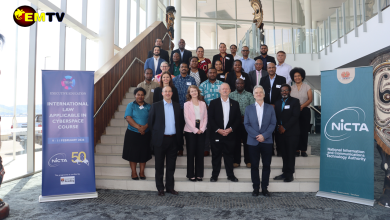GREENER ENERGY IS THE WAY FORWARD FOR PNG
The electricity rate in Papua New Guinea is very high despite having many sources of clean and green energy.
In an effort to address this issue, the government has set up the National Energy Authority to be the regulator of energy in the country, while PNG Power Limited would be just an energy service provider.
During a workshop yesterday on innovation in the electricity sector in the country, with a focus on renewable energies, organized by the International Finance Corporation (IFC) of the World Bank, Prime Minister James Marape told the participants that PNG has a high prevalence of sources of clean and green energy however; it could not provide cheap electricity to its people.
“At the moment, sadly, it (cheap electricity) is not so. We have one of the highest tariff structures in our country,” PM Marape said.
“It’s morally wrong, a cardinal sin, for us to maintain this high cost structure going forward in a land that is prevalent with many clean energy sources for us to tap into.
“This is wrong and is something that we are working to correct at the very earliest. We have clearly identified impediments to arrive at lower-cost electricity, which is sourced from cleaner sources.”
Prime Minister added that PNG would transition into using gas as a cleaner and greener source of energy, and into the future, generates energy from hydro, geo-thermal, solar and various other natural sources.
“Today, for the first time, by deliberate intervention, we have established the National Energy Authority. PNG Power Ltd is reduced to just a company, amongst, hopefully, many companies in the power-generation space as we go forward into the future,” he said.
“Whilst they are the only major, State-owned, power company, we realize their inadequacies.
“It is about time we step up the game. We have a mission to deliver electricity to 70 per cent of our people by 2030 – which is only seven years away.
“Having realized this, PNG Power alone cannot be a regulator, and deliverer, of power to our people. We have now established a regulator, at arm’s length from power companies, and PNG Power can be amongst many power companies in our country.”
The workshop highlighted that 60 per cent of Papua New Guineans had access to some form of electricity supply, which is an estimated 13-15 per cent of the country’s population who had access to on-grid electricity, even though PNG had great potential for solar, wind and other renewable energies, which could provide sufficient electricity for all Papua New Guineans, and even for export.
Workshop participants discussed various potential solutions for the sector, such as introducing concessions for smaller grids; allowing self-generation; introducing an independent system operator; establishing a single buyer for energy producers; and developing common use infrastructure for projects in green hydrogen, an area where the country may have great potential.






